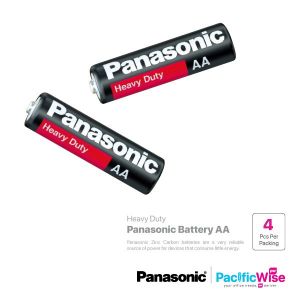Difference Between Alkaline And Heavy Duty Batteries




Alkaline and heavy-duty batteries differ in several key aspects:
Chemistry and Construction
• Alkaline batteries use an alkaline electrolyte, typically potassium hydroxide, with a manganese dioxide cathode and a zinc anode.
• Heavy-duty batteries, also known as zinc-carbon batteries, use an ammonium chloride electrolyte, with a zinc anode and a carbon cathode.
Performance
• Alkaline batteries have a higher voltage output, longer lifespan, and higher energy density, making them suitable for high-drain devices.
• Heavy-duty batteries have a lower voltage output and energy density, resulting in a shorter lifespan, especially in high-drain applications. They are better suited for low-drain devices.
Cost
• Alkaline batteries are generally more expensive due to their superior performance and longer lifespan.
• Heavy-duty batteries are cheaper and may provide sufficient power for devices that do not require much energy.
Lifespan
• Alkaline batteries can last longer and have a shelf life of up to 10 years.
• Heavy-duty batteries have a shorter shelf life, typically around 3 years, and perform poorly in cold temperatures.
Environmental Impact
• Both types of batteries contain heavy metals that can be harmful if not disposed of properly.
In summary, alkaline batteries are better for devices that need more power and have a longer shelf life, while heavy-duty batteries are cost-effective for devices with low power requirements. It's important to choose the right type of battery based on the device's power needs and the expected usage.
- Alkaline Battery AA/ePROPOWER/Bateri Alkali/LR6 1.5VAs low as MYR 5.63
-
PW Special
(44)
- PW Partnership (13)
- PW VIP / VVIP (8)
- PW Services (6)
- PW Activities (16)
- PW Dealer (2)
-
Technologies
(4)
- Office System (4)
-
Useful Guide
(47)
- Office Tips (44)
- Excel Series (2)
- COVID-19 (3)
- FB (1)














